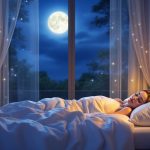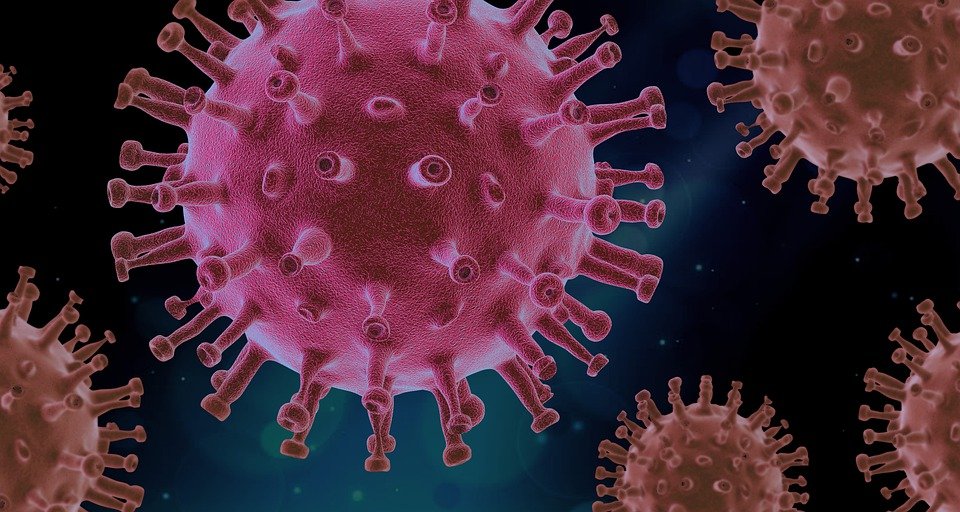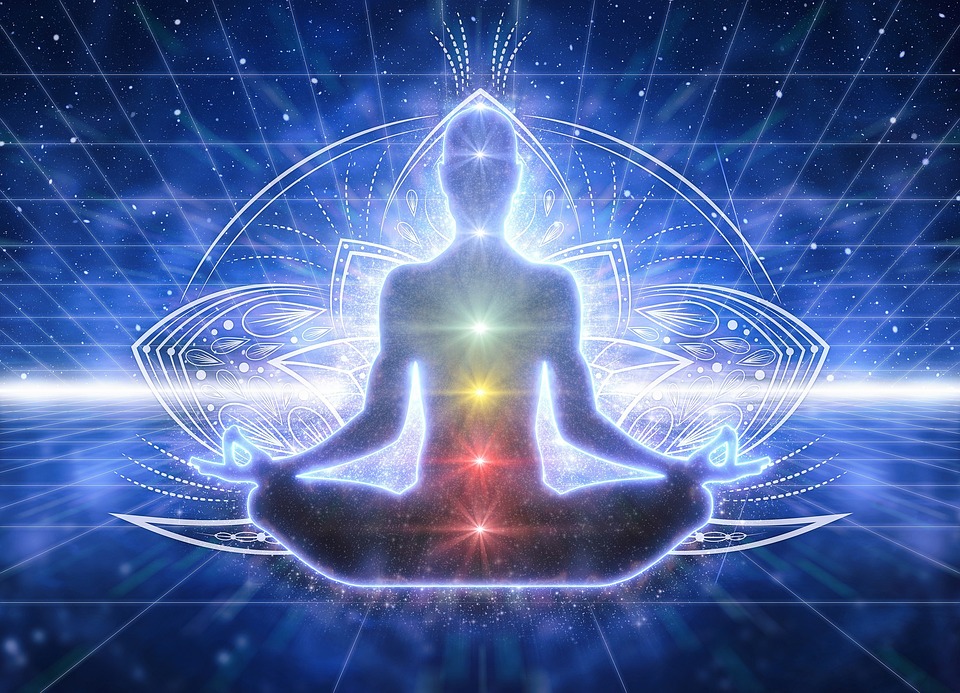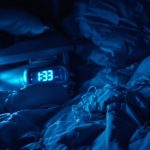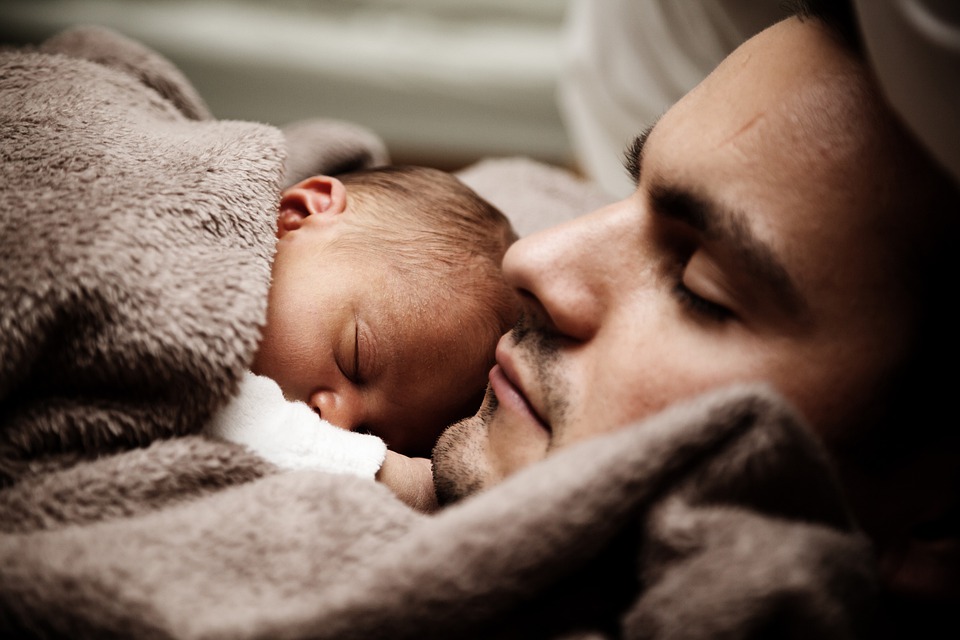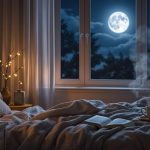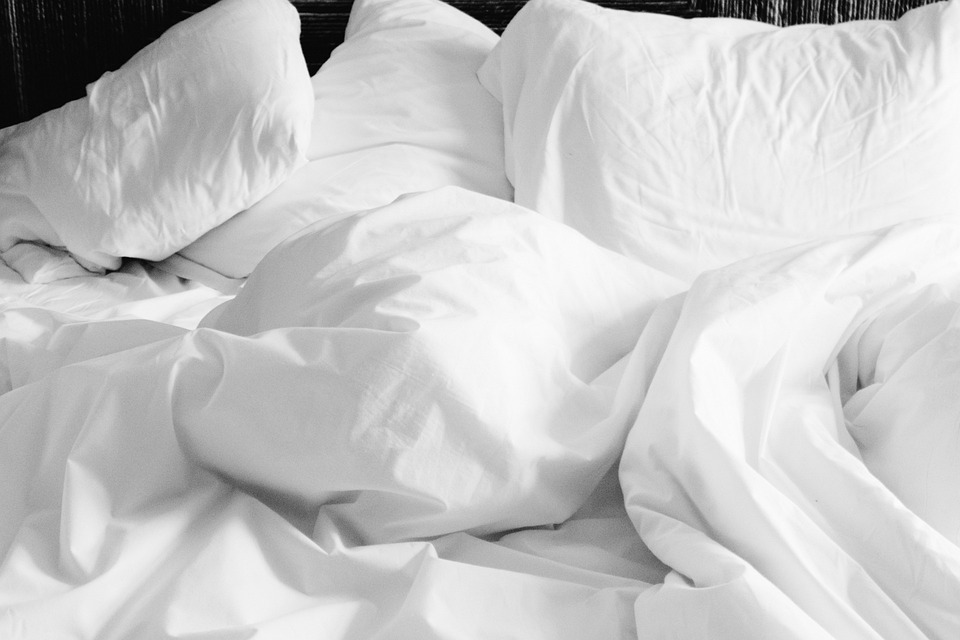
If you have difficulty falling asleep even when you do not feel stressed, you are not alone.
A report by the Mental Health Foundation found nearly a third of UK adults suffer from insomnia, affecting our overall well-being… And that was before this year’s dose of whacky politics and global pandemic which, research suggests, have hit our nighttime patterns hard. About half of the people surveyed said they had difficulty sleeping during the national lockdown, according to a study by King’s College London.
Most of us would like to get about seven to eight hours of sleep a night, but it can feel like a distant goal. While you may now have more hours on your hands because you aren’t commuting, it won’t necessarily mean you’ll get more sleep.
In a survey of British females by Aviva, over half said that they don’t exercise because they’re tired. The mental health effects of not getting enough sleep are more worrying. Research suggests that people who only sleep for four to five hours a night are more likely to be irritable, stressed, and anxious.
But, don’t fret. If you’re putting too much pressure on yourself to get eight hours of sleep, it can backfire by causing stress that keeps you awake. How can you get to sleep easier, with science-backed tips? The experts say that you should prep your body for rest during the day, and only a few minutes before you actually go to bed.
HOW CAN I FALL ASLEEP INSTANTLY?
To fall asleep in 10 seconds, count down from 10 to 1 very slowly. To fall asleep in two minutes, try this breathing exercise: inhale for four seconds, hold your breath for seven seconds, and exhale for eight seconds. If you’re finding it hard to sleep, try and relax when you get into bed. It might seem impossible, especially if you’ve gotten into a bad sleep pattern, but it’s key to getting to sleep. If the mere thought of sleep is making you anxious, you might have sleep anxiety.
You can only do so much so be kind to yourself, but if you are tired in the morning and still struggling to nod off at night then it’s time to try this six-step checklist from James Wilson, AKA The Sleep Geek:
1. Identify your sleep type
Wilson asks if you are an early lark or a night owl. The early larks go to bed at 9 pm and wake up at 4 am; the night owls go to bed after 11 pm and wake up after 8 am. Most of us tend to lean more toward one side when we sleep. Your sleep type will help you determine when you need to start winding down before trying to sleep.
Waking up early every morning may seem like it will help us get more done, especially when we feel like we’re running low on energy and not accomplishing enough. This means that if you’re someone who prefers to work at night, you’re likely to continue to do so. What works in terms of getting to sleep may vary from person to person. Some find that a warm bath before bed helps, while others may find that reading does the trick. experimentation may be necessary to find what helps you fall asleep the quickest.
2. Establish a bedtime routine
That sounds like something you would have had as a kid, right? But a solid bedtime routine is essential for grown-ups, too.
The light/dark system is an internal clock that regulates sleep, says Wilson. Sleep starts to build up in us from the moment we wake up.
So you shouldn’t just spray your pillow with lavender before going to bed, you should also think about it during the day. There are a variety of things that can influence your Circadian Rhythm, such as getting enough natural light, especially during the winter, and timing your evening meal so it’s about three hours before bed, rather than carb-loading pasta while setting your morning alarm.
The ‘how to get to sleep’ golden hour is 60 minutes before bed, so make sure you tick all these things off and see the difference it will make:
- Do things that won’t raise your heart rate. Binging your current Netflix series is out as it’s been proven to keep us pretty pumped, but try reading a book or taking a bath (and bonus: add a few drops of lavender essential oil), which helps you feel sleepy by raising your body temperature what then drops as you move to your cooler bedroom.
- Give yourself two hours of screen-free time prior to hunkering down. If that seems impossible then, rather than ignoring it completely, try activating the downtime settings on your phone which makes it dimmer, and get a blue screen protector. ‘So many experts say don’t use mobile phones or tablets before bed but that would be all fine and well in a perfect world,’ says Wilson. ‘If that’s not really an option for you, use an app or protector (such as Ocushield), which stops the body thinking it’s still daytime and use your device as a ‘how to get to sleep’ tool – apps such as Headspace or podcasts that have sleep-inducing language can all help. Just try not to send or read work emails.’
- If you’re hungry, it’s okay to snack. Just avoid a big heavy meal late at night, aiming to eat about three hours before bed. According to Wilson, the digestion process raises your body’s core temperature. If you’re hungry, have a slice of granary toast with some peanut butter or a banana, or a small bowl of porridge.
- Kick that relaxation Rioja habit. ‘Alcohol metabolizes at a really interesting rate,’ says Wilson. ‘It tranquilizes as you go to sleep then stimulates the body around six hours later. A glass of wine is okay – just don’t drink the whole bottle. You may think you’ve slept well but, like when using sleeping pills, you’ve actually been sedated, so physiologically, you’ve not had any quality recovery.’ It goes without saying that caffeine is out from about 2 pm.
3. Invest in a decent bed
It’s important to be comfortable in bed, so think about when you last changed your mattress. Or your duvet? Or your pillow? If you have no clue about the answer, get new ones.
Wilson suggests a mattress with springs for better air circulation, which can help regulate your temperature at night and prevent night sweats. Foam mattress toppers, on the other hand, won’t.
For your duvet, again, natural is best. Bamboo, silk, and alpaca fleece repel moisture, while cotton and feather down absorb it. Wilson mentions that feathers trap heat, something you don’t want. Winter is the time of year when temperature-related sleep issues are more common because people are sleeping under too heavy a duvet, on a mattress that can’t breathe, and with the heating on. It is recommended that partners have their own duvets so they can tailor the duvet to their own body preferences.
When selecting a pillow, don’t just choose the first option you see. Shop around. The best pillow for you would be one that would support your head in a neutral alignment when you are sleeping on your side in a fetal position.
4. Turn down the heat
‘You can either blood your house, which will make the entire house feel cooler, or you can use a portable air conditioner, which will only cool your bedroom.’ Wilson suggests that in order to make your bedroom feel cooler than the rest of the house, you can either use a portable air conditioner or ‘blood’ your house. ‘Blooding’ your house means making the entire house feel cooler. ‘Ideally, it should be 16-18 degrees. If you sleep in a warm room, your body will sweat to reduce your core temperature and you’ll wake up. If the temperature is just right, you will fall asleep and stay asleep. To sleep well, the temperature between your mattress and duvet should be 27-29 degrees so that your core temperature can drop. However, most people sleep in something between 35-41 degrees.’
It’s not a good idea to exercise right before bedtime because it will make you feel more alert and your body temperature will go up.
5. Reframe your thought patterns
If you wake up three hours before your alarm is supposed to go off, don’t stress about it. Instead of worrying about your overflowing inbox, create a prioritized list with three sections: “To Do Now,” “To Do Soon,” and “To Do Later.” We have evolved to be anxious at night because it is when we are most vulnerable. By understanding our modern worries and realizing they are not as scary as they seem, we can go back to sleep.
6. Don’t go to bed too soon
Wilson states that one should wind down with bedtime in mind, but not go to bed until they feel sleepy as opposed to just tired. ‘This is key. You feel tired all the time when you are a poor sleeper. You feel sleepy when your eyes are dropping and you are ready to go to sleep. The goal is to be asleep within 30 minutes of going to bed. If you are not able to do this, what happens? Restart the ‘How to get to sleep’ golden hour routine.
MORE SCIENCE-BACKED METHODS TO FALL ASLEEP FAST
Wear comfortable clothes
Studies suggest that there is a direct correlation between sleep and core body temperature. There is a connection between sleep onset insomnia and a delayed temperature rhythm. Sleeping in comfortable clothing or without any clothing at all will help your body regulate its temperature better and fall asleep faster.
Take a warm shower before bed
Research indicates that people who suffer from insomnia have a higher core body temperature before bed, meaning they are more likely to be awake and have trouble sleeping. Entering a cool room after taking a warm shower will help you fall asleep faster because it slows down your metabolism.
You should follow the same shower routine every night before bed so your body is prepared for sleep.
Put on your socks to bed
Drawing from research, it can be surmised that falling asleep quicker is more likely when someone has warm feet and hands. The National Sleep Foundation suggests wearing socks to warm your feet before going to bed to help you fall asleep faster.
Turn off electronic devices
More studies are finding that looking at screens like smartphones before bedtime makes it harder to sleep well. You should turn off all electronic devices an hour or so before bed to help you fall asleep more quickly.
Put on some calming music
If you think loud music is the worst companion when trying to sleep, this may be true. Instead of listening to fast-paced music to fall asleep, research suggests that listening to music with a slow rhythm of 60-80 beats per minute can actually improve sleep quality. This type of music can help you feel more peaceful, relaxed, and ready to fall asleep. Although more research is needed in this area, there is evidence to suggest that classical music can help to heal people with depression.
Avoid exposure to noise
If you are struggling to sleep, you need a quiet environment. Noise is one of the most common reasons for poor sleep, according to a 2016 study examining the quality of sleep and the factors influencing sleep duration.
A white noise device is a great way to reduce the impact of outside noise while you sleep. Devices like this can help cover up any unwanted noises so you can fall asleep without being distracted.
Try some aromatherapy with lavender
The lavender oil can help you to feel more relaxed, it can help to lower your blood pressure, and can also help to improve your mood. It has been shown through research that lavender oil may help people sleep more deeply and wake up feeling more rested in the morning.
Stop counting sheep, try visualization
According to an Oxford University study, insomniacs who visualize a relaxing scene fall asleep 20 minutes faster than those who count sheep or do nothing.
Try picturing a calm place instead of counting sheep when you can’t sleep.
WHY CAN’T I SLEEP EVEN THOUGH I’M TIRED?
If you can’t fall asleep, it may be because you can’t stop your mind from racing, you’re not comfortable, or you’re obsessing over the fact that you can’t fall asleep.
1. WFH can confuse our boundaries
There is no longer a clear distinction between office and home for many of us. Living in the same place that you work can make it difficult to relax enough to fall asleep, according to neurobiologist and sleep tech brand Emma’s resident sleep expert, Dr. Verena Senn. For many people, this can make it hard to focus and be productive at home’ Our brains usually think of being at work as being productive and being at home as being a time to relax. This can make it hard for some people to focus and be productive when they are working from home. Doing everything in the same space can make it hard to keep work and free time separate.
When you feel anxious or stressed, it becomes harder for your heart rate to slow down. This is a vital part of the equation that causes your body to produce the hormone melatonin, which tells your body that it’s time to get to rest, according to James Wilson.
2. You’re overdoing the coffee
You may be having caffeine too late in the day without realizing it. It can stay in the system for five hours, so experts recommend cutting it from 2 pm. If you’re struggling to sleep, don’t drink any after 12 pm and see if it helps.
3. It’s time to move more
If you’re not getting enough exercise, it can have an impact on your body’s ability to “switch gears” and relax. Try to get in at least 30 minutes of moderate exercise each day, at least an hour before you go to bed.

